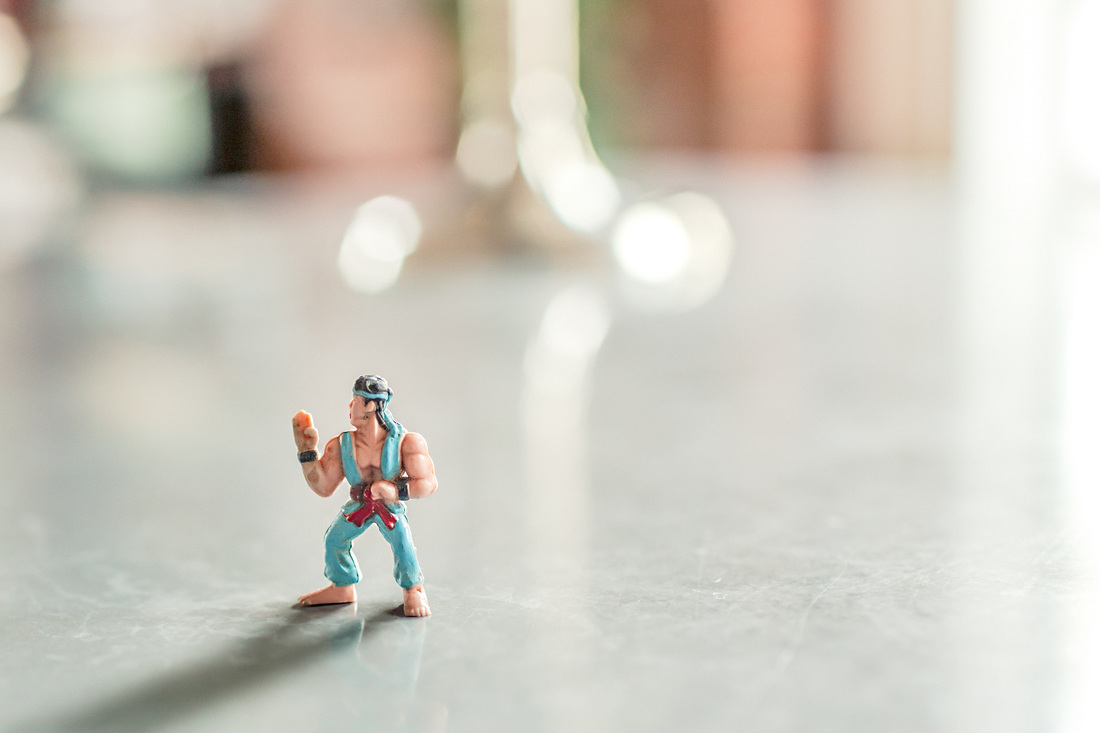|
"Learning is experience. Everything else is information." --Albert Einstein Why do you do what you do?
Beliefs are stories we tell ourselves about why we do what we do and in some cases, the most obvious being religion or politics, we even share them with others. But until confronted with the reality of how your actions point to your beliefs, you are usually unaware of the belief operating in the background. For example, you may be someone who doesn't vote. You don't even think about it. It's not a part of your life. But when someone explains how important your vote will be in the next election, you have to confront your underlying belief that you "don't care about voting." Otherwise you would vote. Suppose then that you do some research, and realize voting does matter. You examine the details for yourself and change your mind. Now your underlying belief has changed, through the actions of pursuing a thorough inquiry. This continues and results in more actions that start reshaping who you are. Beliefs In Action Your beliefs evolve through the actions you take to examine them. You start following the news, reading political magazines, paying attention to facts vs opinions, and basically becoming more involved. Now that you "care about voting," you know the nuances of the voting debate. It changes how you talk to others. When you encounter someone who "doesn't care about voting," you in turn influence their underlying belief by making them aware of those nuances. What you believe is the biggest influence on how you operate in the world. Examining your beliefs reveals the wizard behind the curtain influencing your decisions and judgments. For example, limiting beliefs that make you think you can't do certain things, like lose weight, or make more money, or get a promotion. Or unlimited beliefs that make you imagine beyond your limits, like starting a company, quitting your job, traveling long-term, or being president. But your beliefs are hard to examine because you're the one who has them. They're just in your head most of the time, and it's difficult to step away from your thinking with your thoughts, no? How do you become an objective observer of yourself? Journal. It is an external action where you reveal to yourself what you believe you did during the day. Instead of recapping what's happening in your head, you put it on paper or on screen and literally take a step back from your mental revisions. You see in reality, not just in thought, how your mind translates your actions. Journaling has many other benefits. It's cathartic, especially when you're having a bad day. It's surprising, especially when you find yourself saying, "Hm, I didn't know I thought that." It's energizing, because you validate or reject priorities you thought were important, eliminating the noise and focusing on what matters. Is this a treatise to promote journaling? To a degree, yes, but more importantly it's a literal "call-to-action," questioning the logic of thinking about your thoughts, and whether that is truly unbiased or objective. I urge you not to think about this, but to do something about it. Now it's your turn: What are some actions you're taking (or not taking) that point to hidden beliefs? How do you uncover them? What is the best way for you, in particular, to examine what's shaping your beliefs? Please let me know in the Comments section below, and please do share this post with your network. Thanks! Want to learn how to have more peace of mind in just 5 minutes? Click here. Comments are closed.
|
Coaching Consulting
|



 RSS Feed
RSS Feed